The present Volume is part of the larger project titled Encyclopedia of Scheduled Castes in India being published in 5 Volumes. His volume covers entire Scheduled Castes in South India, numbering 322 (though their actual number comes only to 112, notified as separate Scheduled castes due to their notification in more than one states and synonyms, surnames, etc.) and distributed in all the four states of Andhra Pradesh, karnataka, kerala and Tamil Nadu, and the union territory of Pondicherry. The other Volumes cover the Scheduled castes found in the rest four regions, namely northern, central, western and eastern India. The present Volume deals with notification; statutory position; synonyms including surnames, titles, etc; origin and ethnic identity, decennial growth and distribution of population; family structure and clan; languages and literacy; life cycle and related customs; traditional beliefs and practices; food habits and dwelling patterns; status in local traditional caste hierarchy; structure of social control within the caste; and social change and mobility in each caste. The focus is to highlight social change, along with the said themes and sub-themes, in case of each Scheduled caste over the past hundred years or so. But it primarily emphasizes social change and mobility among the people of each Scheduled caste through their social movement, including self-initiatives, and the State sponsorship. Yet, the status or rank of each Scheduled caste And Change, if any, occurred Therein in the Traditional Local Caste hierarchy, along with changes in status or position of its members in the secular domains like education, employment, etc., has been analysed in both diachronic and synchronic fashions. Another significant issue, this Volume and its Introduction, deals with, is the origin, mechanism and growth of caste system and untouchability in south India during the 2nd to 7th century A.D. This was possible through the ritualistic and philosophical justification provided by the newly adopted/inducted Brahmanic system under the tutelage of the local chiefs, rulers and the noblemen. Unlike in the north or other parts of the country, structure and functions of both the caste system and untouchability in south India have witnessed distinctiveness over a century or so and continue with that even in the present time.
Ambedkar, Dalits and Buddhism: Collection of Dr. Ambedkar Memorial Annual Lectures
Ambedkar, Dalits and ...
$44.10
$49.00

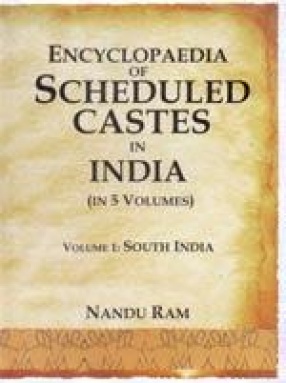
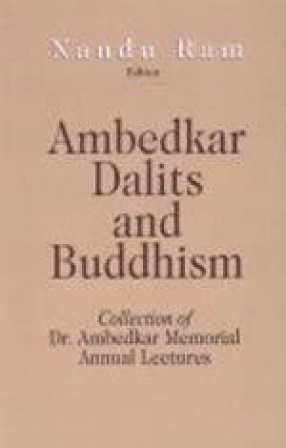

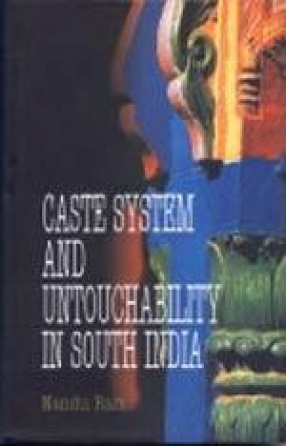
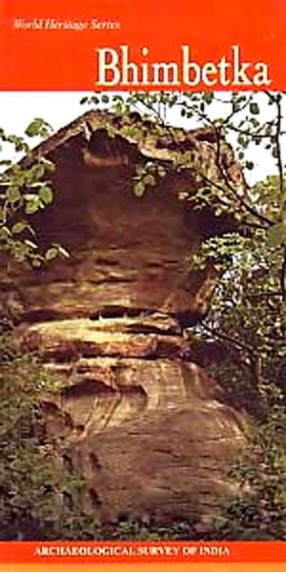

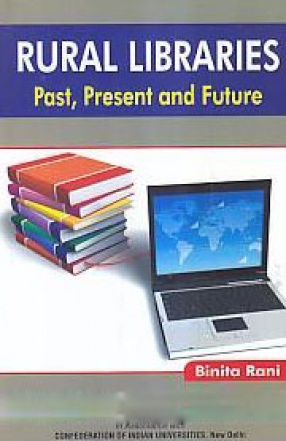
There are no reviews yet.